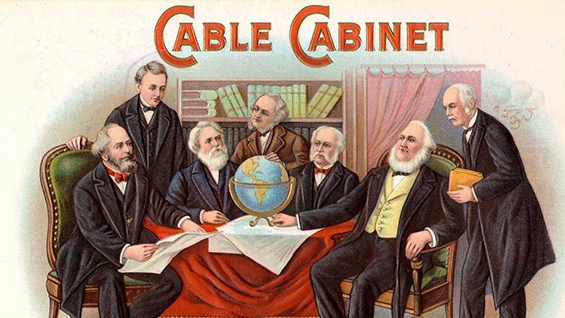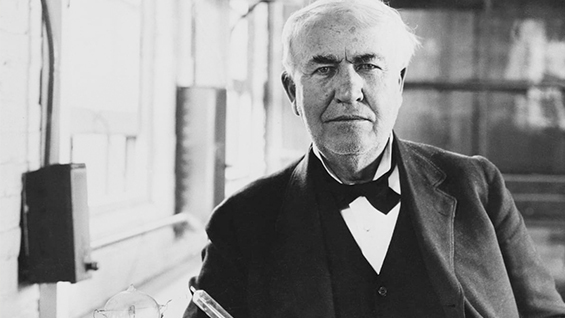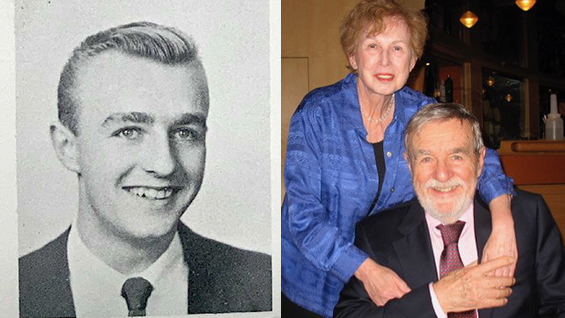COOPERMADE: DSL

DSL was invented by Cooper alumnus Joseph Lechleider ME'54 in the 1980s, but he didn't do it alone! Read on to learn how the work of our founder and past alumni over a century before him brought this project to fruition and led to our highly connected world.
DSL

In the 1850s a message between the Europe and the United States could only travel as fast as a ship at sea, leaving the USA behind in cultural and business developments abroad. Peter Cooper took deep interest in transnational communication, understanding the critical role it played in commerce, research, and matters of war and peace. Inspired by the possibilities of the project, Cooper became one of the lead investors and advocates for the undertaking and remained committed to the enterprise through ten years of difficulty and near disaster. In 1866 the cable was finally laid and our founder later wrote that its success was “the culmination of that great prophecy that ‘knowledge shall cover the earth, as waters cover the deep.’” Today the original cables have been decommissioned, but we still transmit data and audio signals using a similar system that would not be possible without Peter Cooper's vision and commitment to the project.

Edison needs no introduction, but few know that when he felt stumped by a chemical engineering problem, he went to The Cooper Union for guidance. In 1872 telegraph operators transcribed messages manually at the rate of 25-40 words per minute. Edison realized that automating this process depended on the development of a chemical compound that would react with the metal stylus of the telegraph machine. He needed to educate himself in chemistry to complete the project and decided to enroll in a chemistry course at The Cooper Union to acquire the skills he needed. Through his studies there, he developed the right solution for the job, and invented an automatic telegraph that could transmit messages at up to 1,000 words per minute, dramatically increasing the speed at which information could travel. Alexander Graham Bell’s invention of the telephone eventually rendered the telegraph obsolete, but Cooper and Edison’s prior advancements in telecommunications paved the way for Bell’s invention, and for the highly connected world we live in today.

Eighty-eight years after the laying of the first transatlantic cable, Joseph Lechleider graduated from The Cooper Union with a degree in Mechanical Engineering and went on to work at Bell Laboratories. The internet was in its infancy, and mainly used by big corporations and the military. Phone companies wanted to bring data services to homes, but there were several engineering challenges to overcome first. The phone companies had already laid a series of copper cables that could transmit audio signals, and they needed to find a way to use these same cables to transmit data. Sending data at the same speed in each direction created interference on the lines known as “electrical crosstalk” and made the system inoperable. Joe Lechleider was tasked with solving the problem, and realized that making download speeds faster than upload speeds would reduce the electrical crosstalk - the Digital Subscriber Line (DSL) was born. Joe was inducted into the National Inventors Hall of Fame in 2013 for his discovery.





